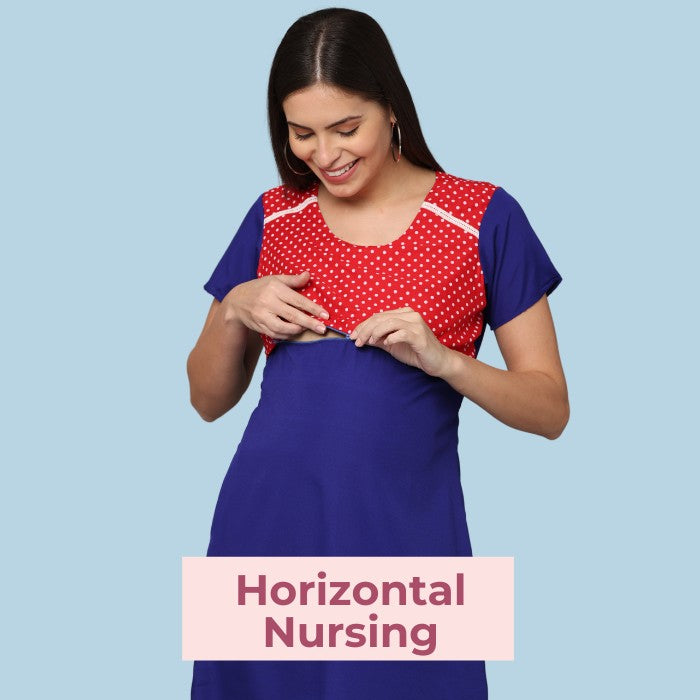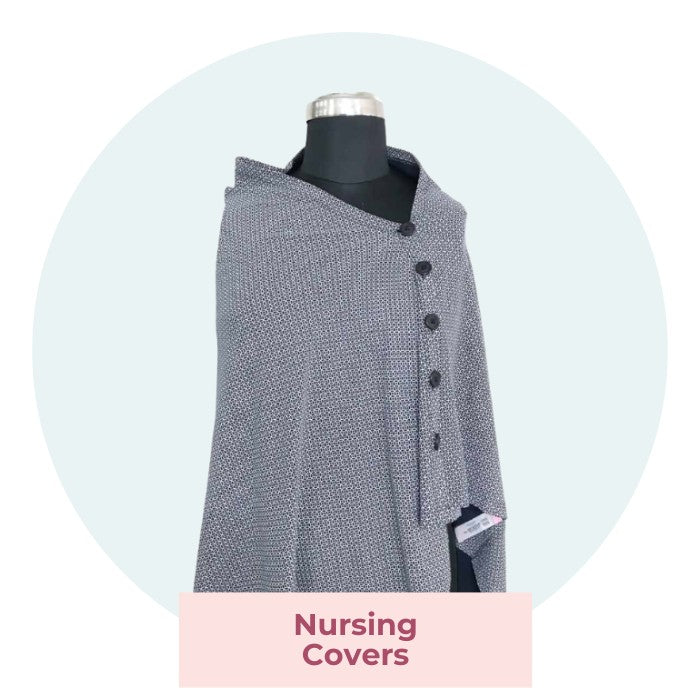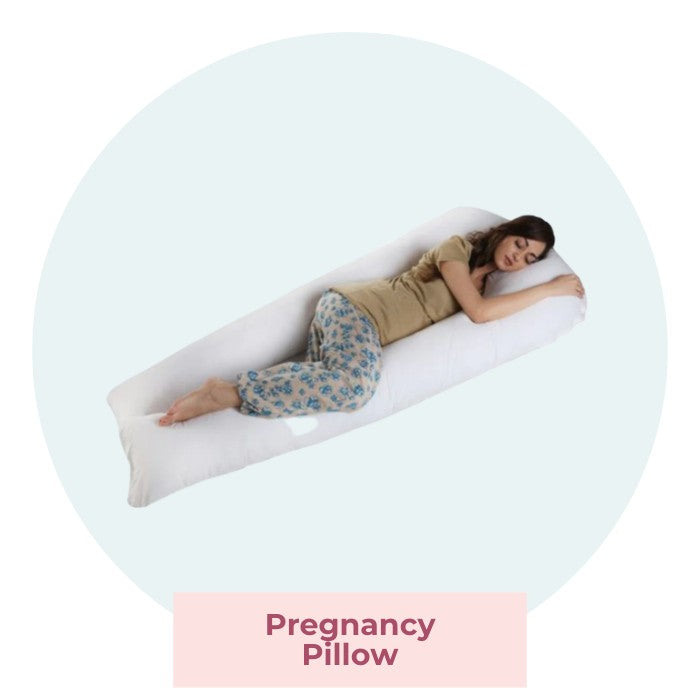
Image Credit: AI
After delivery, new moms experience a jumble of emotions, from excitement to fear. But some moms could end up being depressed. This is commonly called BABY BLUES.
Baby blues typically begin within the first 2-3 days after delivery and may last up to 2 weeks. But some experience a more severe, long-lasting form of depression i.e. postpartum depression or postnatal depression.
As data suggests, 1 in 8 new mothers experiences postpartum depression after childbirth, which commonly includes mood swings, crying, self-doubt, unhappiness and fatigue. A new mom is more likely to have depression post-delivery if she had depression or anxiety during pregnancy.
Also read : Post-Delivery Privacy From Mother-In-Law And Others
Symptoms Of Postnatal Depression
Having physical exhaustion after delivery, emotional adjustment of being a parent and sleep deprivation could be the reasons for depression. The symptoms of postnatal depression can be:
- Extreme sadness, emptiness, or hopelessness
- Being irritable or angry
- Loss of interest or lack of enjoyment in your usual activities and hobbies
- Loss of appetite or eating too much, or unintentional weight loss or weight gain
- Overwhelming feelings of worthlessness or overpowering guilt
- Restlessness or sluggishness
- Difficulty concentrating or making decisions
- Feeling that life isn’t worth living
- Feeling so exhausted that you’re unable to get out of bed for hours
How To Deal With Postpartum Depression
Postnatal depression is treatable. Many women see their symptoms improve in 6-7 months. It’s suggested to consult with your doctor who can prescribe some antidepressants. In addition to getting professional help; here are some ways to deal with it.
Maintain a healthy diet
It’s very important for new moms to get proper rest and eat healthy. It’s perfectly okay to indulge in your sweet cravings once in a while.
Have your ME time
Be gentle with yourself and take things one at a time. Don’t burden yourself with too many expectations. Instead of dealing with stress alone, reach out for help. Take up your mother-in-law on her offer of free babysitting. Let your partner take the baby for an hour or two.
Make yourself a priority
Unfortunately, a lot of new moms feel overwhelmed when the baby arrives and they stop taking care of themselves and how they look. This can further make them feel low. Do indulge in simple pleasures like going to a salon for a mani-pedi and shopping for cute nursing wear online.
Get regular exercise
Exercise is known to have an antidepressant effect. Daily yoga will keep you healthy, fit and calm. Taking your little one in a pram into the park will prove to be therapeutic.
Breastfeeding
Problems while breastfeeding can be one of the major reasons for depression. There are some cases where women develop depression symptoms while breastfeeding. Bonding with your baby and keeping him close to you while breastfeeding can be very satisfying. You can choose any comfortable position for nursing. If you are worried about whether your milk supply is enough for your baby, you can read about how to increase your milk supply here.
Remember, postpartum depression is not an illness. It can be cured with proper care and understanding.
Also read: Postpartum Incontinence – How To Deal With It?
Conclusion
postpartum depression is common among new mothers, with symptoms ranging from extreme sadness to feelings of worthlessness. But, it is treatable with a combination of professional help and self-care. Taking care of yourself by maintaining a healthy diet, having some "me" time, making yourself a priority, exercising regularly and bonding with your baby can go a long way in dealing with postpartum depression. Remember to consult with your doctor if you are experiencing symptoms of depression after childbirth.
Shop all Morph essentials including Pregnancy belly band for an extra 10% off using code "HAPPIERMOM"






























































